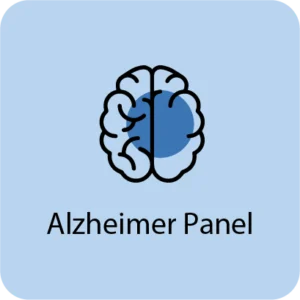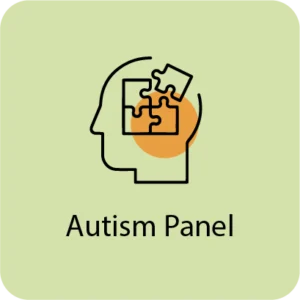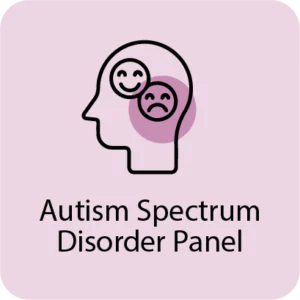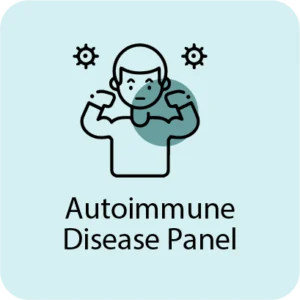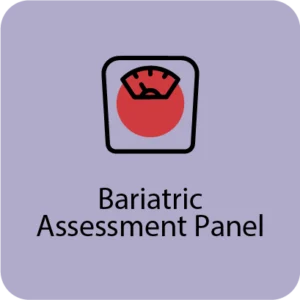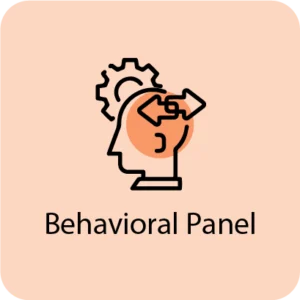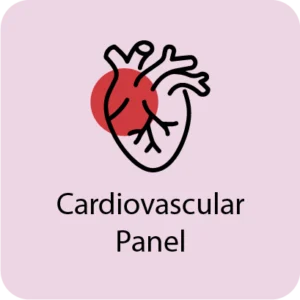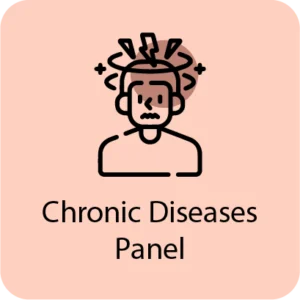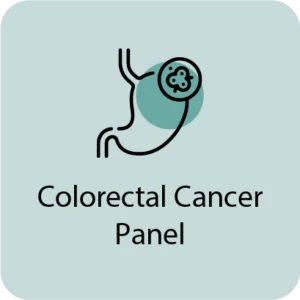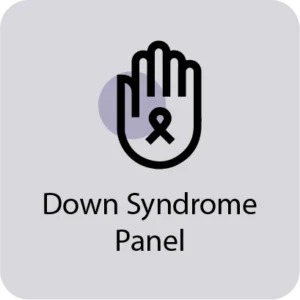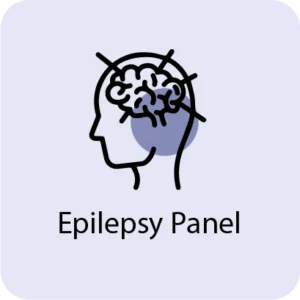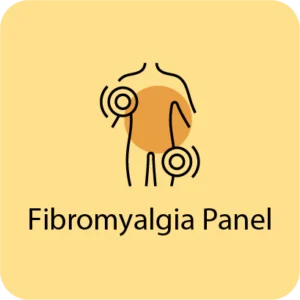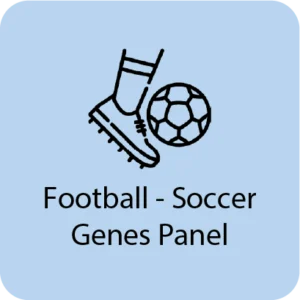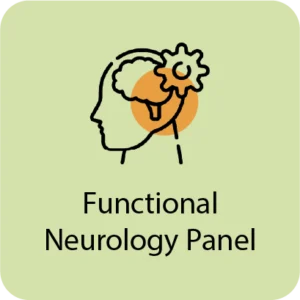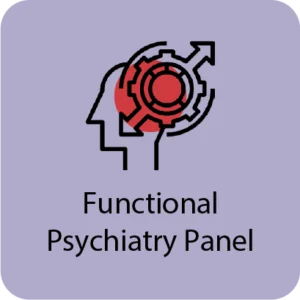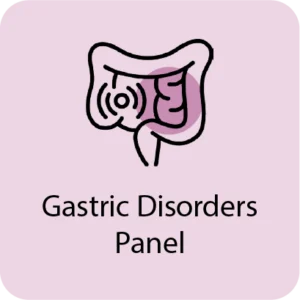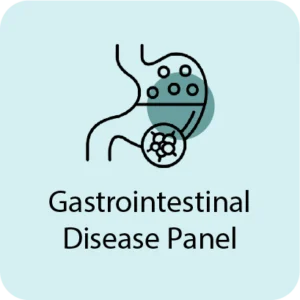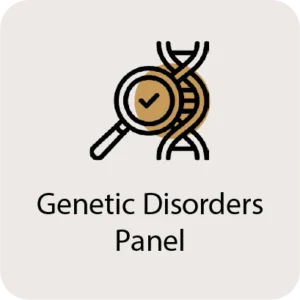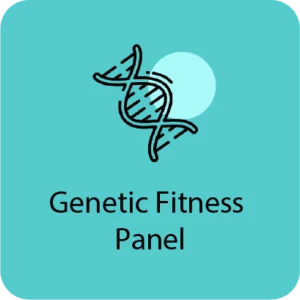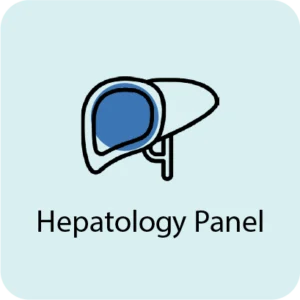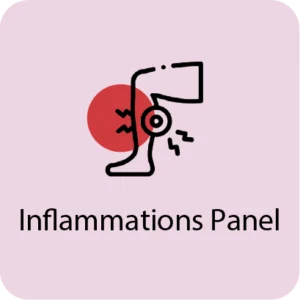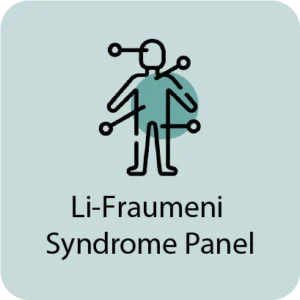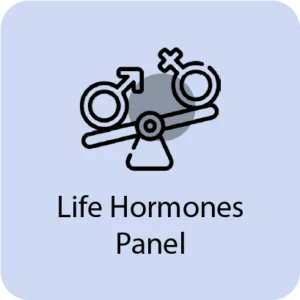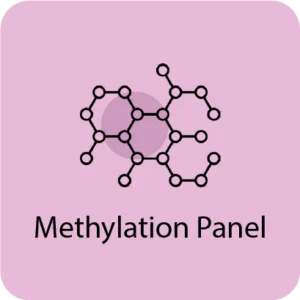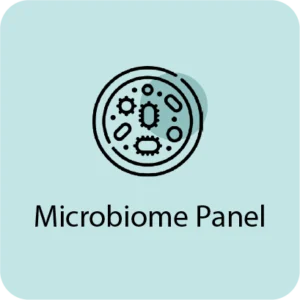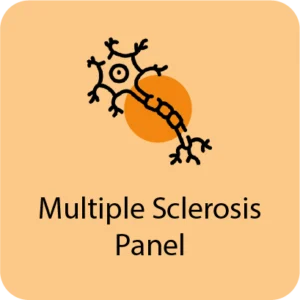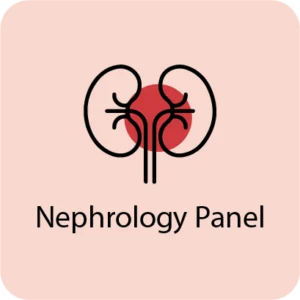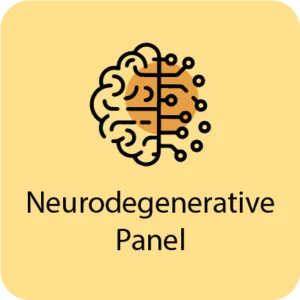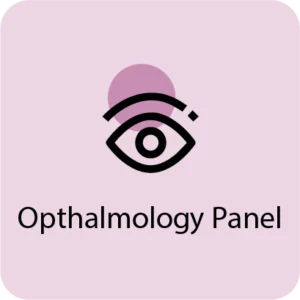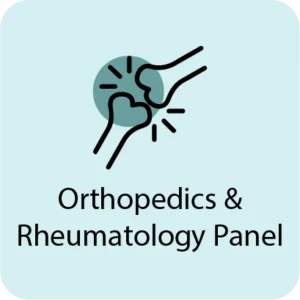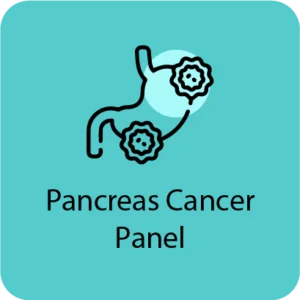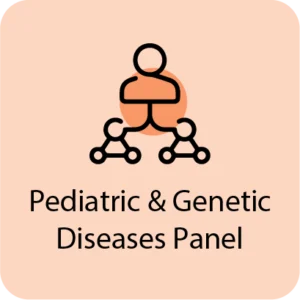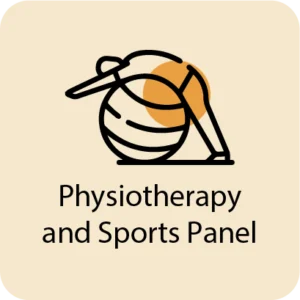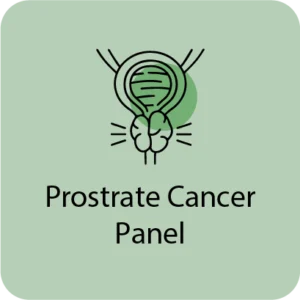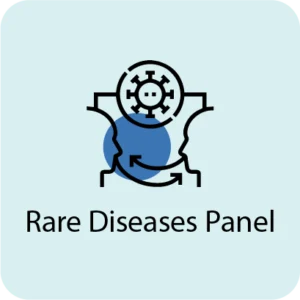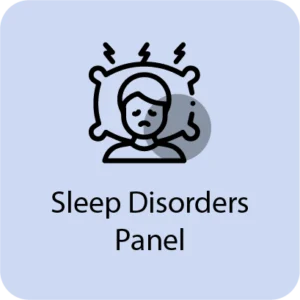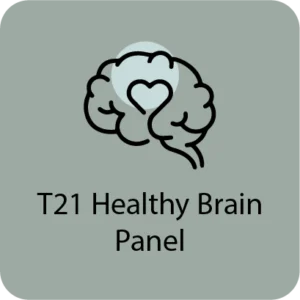Autism Spectrum Disorder
Autism Spectrum Disorder (ASD) is a complex neurodevelopmental condition that affects individuals in various ways. With a range of symptoms and challenges, ASD can impact social interaction, communication, and behavior patterns. While each person with ASD is unique, they may experience difficulties with verbal and nonverbal communication, repetitive behaviors, and challenges with social skills.
Understanding and raising awareness about ASD is crucial for creating a supportive and inclusive society. Through early intervention, therapy, and educational support, individuals with ASD can lead fulfilling lives and reach their full potential. However, it is important to note that there is no “cure” for autism.
In this article, we will explore the different aspects of Autism Spectrum Disorder, including its causes, diagnosis, and available treatment options. We will also debunk common myths surrounding ASD and provide practical tips for supporting individuals with autism.
Understanding Autism Spectrum Disorder (ASD)
Autism Spectrum Disorder (ASD) is a lifelong developmental disorder that affects the way a person perceives the world and interacts with others. It is characterized by difficulties in social communication and interaction, as well as restricted and repetitive patterns of behavior, interests, or activities.
ASD is a spectrum disorder, which means that it affects individuals in different ways and to varying degrees. Some individuals with ASD may have exceptional abilities in certain areas, while others may have significant challenges in everyday life. It is important to recognize that every person with ASD is unique, and their experiences may differ greatly from one another.
Signs and symptoms of Autism Spectrum Disorder
The signs and symptoms of Autism Spectrum Disorder can vary widely from person to person, but there are some common characteristics to look out for. In early childhood, some of the early signs of ASD may include delayed speech and language skills, difficulty with social interaction, repetitive behaviors, and intense interests in specific objects or topics.
As children with ASD grow older, they may continue to struggle with social skills, such as making eye contact, understanding nonverbal cues, and developing and maintaining friendships. They may also have difficulty with changes in routine, sensory sensitivities, and engaging in imaginative play.
Causes and risk factors of Autism Spectrum Disorder
The exact cause of Autism Spectrum Disorder is still unknown, but research suggests that a combination of genetic and environmental factors may play a role. It is believed that certain genes may predispose individuals to develop ASD, but environmental factors, such as prenatal exposure to certain substances or complications during pregnancy or birth, may also contribute to the development of the disorder.
While there is no single definitive cause of ASD, it is important to note that vaccines do not cause autism. Numerous scientific studies have debunked the myth linking vaccines to autism, and it is crucial to rely on evidence-based information when discussing the causes and risk factors of ASD.
Diagnosing Autism Spectrum Disorder
Diagnosing Autism Spectrum Disorder can be a complex process that involves a comprehensive evaluation by a team of professionals, including psychologists, pediatricians, and developmental specialists. The diagnostic process typically involves gathering information about the child’s developmental history, observing their behavior and social interactions, and conducting standardized assessments.
Early intervention and diagnosis are key in helping individuals with ASD access appropriate support and services. The earlier the diagnosis is made, the sooner individuals can receive targeted interventions and therapies to address their specific needs.
Treatment options for Autism Spectrum Disorder
While there is no cure for Autism Spectrum Disorder, there are various treatment options available to help individuals with ASD manage their symptoms and improve their quality of life. The most effective approach to treatment involves a multidisciplinary approach, tailored to the individual’s unique needs and strengths.
Behavioral therapies, such as Applied Behavior Analysis (ABA), can help individuals with ASD develop and improve their social skills, communication abilities, and adaptive behaviors. Speech therapy and occupational therapy can also play a crucial role in addressing specific challenges, such as language delays and sensory sensitivities.
Early intervention for Autism Spectrum Disorder
Early intervention is critical for individuals with Autism Spectrum Disorder. Research has shown that early, intensive intervention can lead to significant improvements in communication, social skills, and overall functioning. Early intervention services may include speech therapy, occupational therapy, behavioral interventions, and parent training programs.
It is important for parents and caregivers to be proactive in seeking early intervention services and to work closely with professionals to develop an individualized treatment plan for their child. The goal of early intervention is to provide the necessary support and skills to help individuals with ASD reach their full potential and thrive in their everyday lives.
Supporting individuals with Autism Spectrum Disorder
Supporting individuals with Autism Spectrum Disorder requires a combination of understanding, patience, and empathy. It is important to recognize and respect their unique strengths and challenges, and to provide them with the necessary accommodations and supports to help them succeed.
Creating a supportive and inclusive environment for individuals with ASD involves promoting acceptance and understanding in schools, workplaces, and communities. Educating others about ASD, dispelling myths and misconceptions, and fostering a culture of empathy and inclusion are key steps in supporting individuals with ASD and their families.
Autism Spectrum Disorder and education
Education plays a crucial role in the lives of individuals with Autism Spectrum Disorder. It is important for educators to have a deep understanding of ASD and to implement appropriate strategies and accommodations to support students with ASD in the classroom.
Individualized Education Programs (IEPs) can be instrumental in ensuring that students with ASD receive the necessary support and accommodations to thrive in an educational setting. These plans outline specific goals, accommodations, and services to meet the individual needs of students with ASD.
Current research and advancements in Autism Spectrum Disorder
Research into Autism Spectrum Disorder is ongoing, and advancements are being made in our understanding and treatment of the disorder. Scientists and researchers are exploring various areas, such as genetics, brain imaging, and behavioral interventions, to gain a deeper understanding of the underlying causes and mechanisms of ASD.
Advancements in technology have also opened up new possibilities for individuals with ASD. Assistive technology, such as communication devices and apps, can help individuals with ASD communicate effectively and enhance their independence.
Conclusion
Autism Spectrum Disorder is a complex neurodevelopmental condition that affects individuals in various ways. Understanding and embracing those with ASD is essential for creating a supportive and inclusive society. Through early intervention, therapy, and educational support, individuals with ASD can thrive and reach their full potential. By dispelling myths surrounding ASD and promoting acceptance and understanding, we can create a world that embraces and celebrates the unique abilities and contributions of individuals with Autism Spectrum Disorder.
| Categories | Conditions Observed |
|---|---|
| Content Yet to Receive | Content Yet to Receive |
How does the Autism Spectrum Disorder Genetic Test work?
The Autism Spectrum Disorder Genetic Test works by analyzing DNA samples to identify variations in genes known to influence the risk of developing ASD. These variations can include specific genetic mutations or variations in gene expression that have been linked to ASD in scientific research.
Who should consider undergoing the Autism Spectrum Disorder Genetic Test?
The Autism Spectrum Disorder Genetic Test may be beneficial for individuals with a family history of ASD or those concerned about their risk of having a child with ASD. Additionally, parents of children diagnosed with ASD may consider genetic testing to better understand the underlying genetic factors contributing to their child’s condition.
What can be done with the results of the Autism Spectrum Disorder Genetic Test?
The results of the Autism Spectrum Disorder Genetic Test can provide valuable information for families and healthcare providers. Understanding genetic risk factors for ASD may help families make informed decisions about family planning, early intervention services, and personalized treatment approaches for individuals diagnosed with ASD.
What are the limitations of the Autism Spectrum Disorder Genetic Test?
While the Autism Spectrum Disorder Genetic Test can provide valuable insights into genetic risk factors for ASD, it’s essential to recognize its limitations. Genetic testing cannot definitively predict whether an individual will develop ASD, as the condition is influenced by a complex interplay of genetic, environmental, and developmental factors.
Is genetic counseling recommended before undergoing the Autism Spectrum Disorder Genetic Test?
Yes, genetic counseling may be recommended before undergoing the Autism Spectrum Disorder Genetic Test. Genetic counselors can provide information about the testing process, help individuals understand the potential benefits and limitations of genetic testing, and assist in interpreting the results in the context of their overall health and family history.



